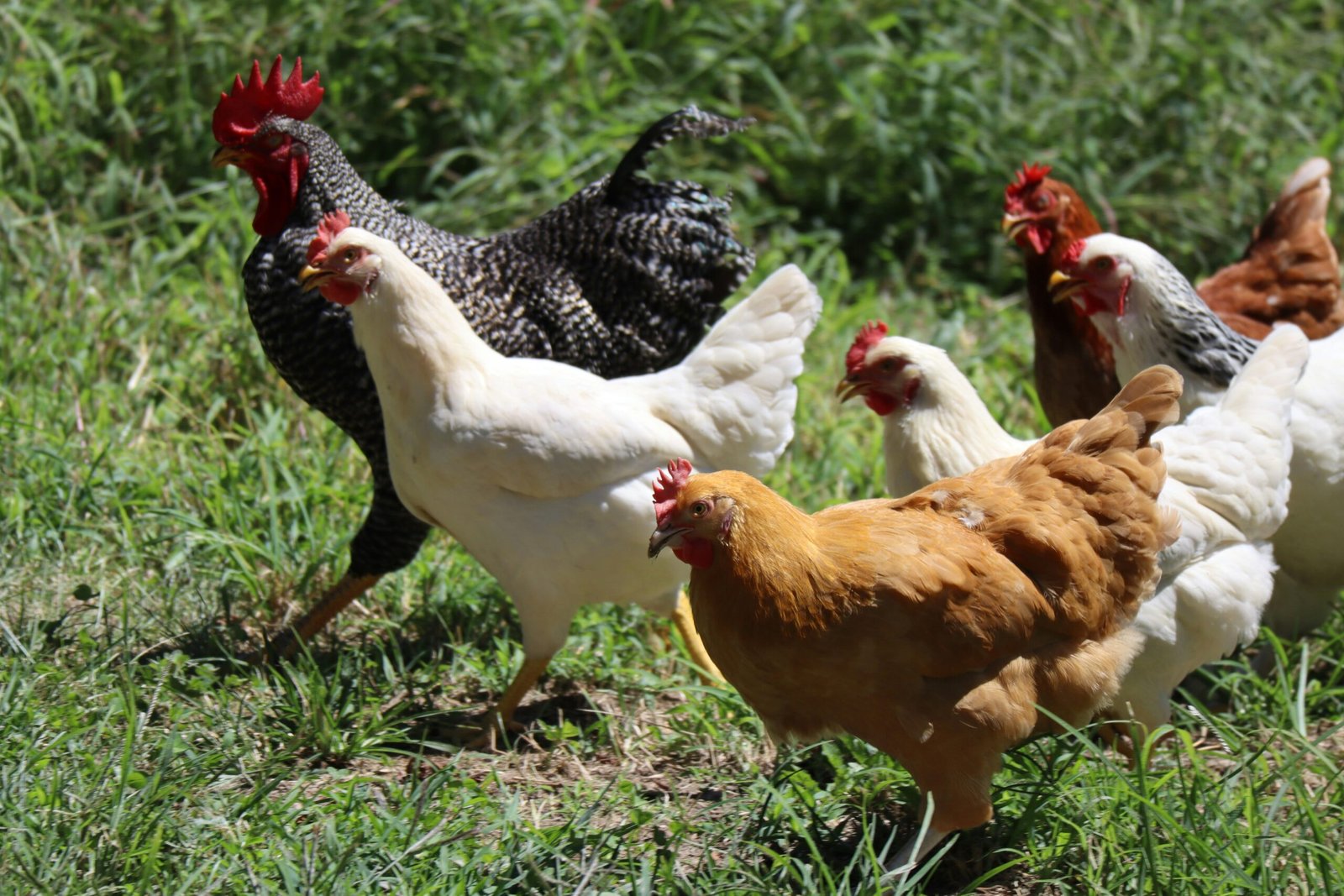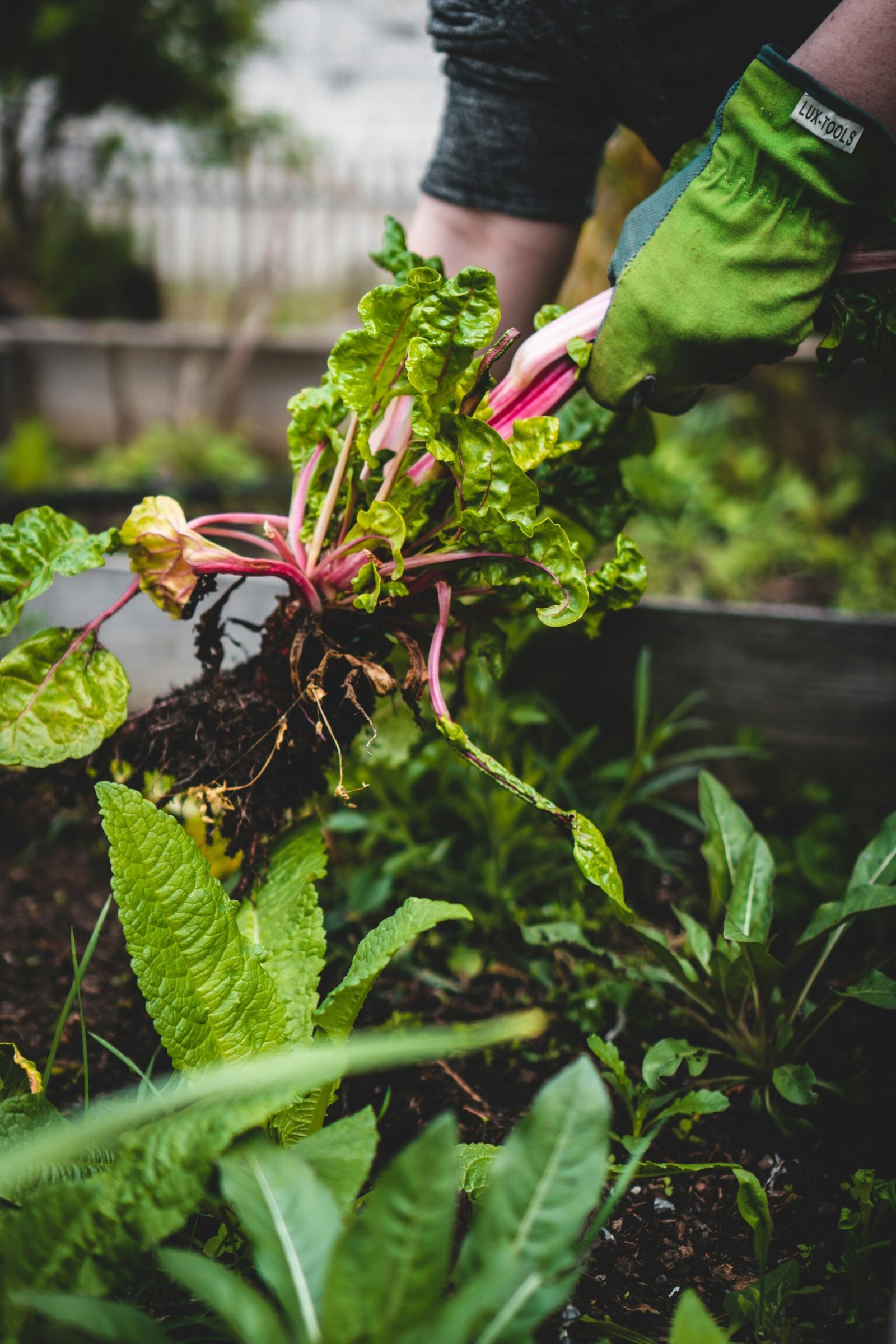Did you know that keeping chickens can play a significant role in reducing household waste? Not only are chickens adorable and entertaining creatures to have around, but they also serve as efficient waste management assistants. By feeding them kitchen scraps and leftovers, you can contribute to minimizing food waste and creating a more sustainable lifestyle. In this article, we will explore the benefits of keeping chickens and provide you with a list of what chickens can and cannot eat from the kitchen to ensure their health and safety.
The Benefits of Keeping Chickens
When it comes to waste reduction, chickens are natural champions. Here are a few reasons why they are excellent allies in managing household waste:
1. Food Waste Reduction
Chickens have a voracious appetite and can consume a wide range of kitchen scraps and leftovers. By feeding them these items, you can divert food waste from the landfill and turn it into nutritious eggs or compost. It’s a win-win situation!
2. Composting Assistance
Chickens are not only great at eating food scraps but also at producing nutrient-rich manure. Their droppings can be added to your compost pile, enhancing its fertility and accelerating the decomposition process. This compost can then be used to nourish your garden, creating a closed-loop system of waste reduction.
3. Pest Control
Chickens are natural insect hunters. They love to scratch and peck at the ground, searching for bugs and pests. By allowing them to roam in your yard or garden, you can reduce the need for chemical pesticides and keep unwanted critters in check.
What Can Chickens Eat from the Kitchen?
While chickens can consume a wide variety of kitchen scraps, it’s essential to be mindful of their health and safety. Here is a list of what chickens can eat from the kitchen:
- Fruits and vegetables: Chickens enjoy a variety of fruits and vegetables, including apple cores, carrot tops, cucumber peels, and lettuce.
- Grains and bread: They can have leftover rice, pasta, bread, and cereal in moderation.
- Dairy products: Small amounts of cheese, yogurt, and milk are acceptable.
- Meat and fish: Cooked meat and fish scraps can be given to chickens, but avoid feeding them raw or spoiled meat.
- Eggshells: Crushed eggshells are a great source of calcium for chickens.
- Coffee grounds and tea leaves: Chickens can enjoy small amounts of coffee grounds and tea leaves as long as they are free from additives.
What Shouldn’t Chickens Eat from the Kitchen?
While chickens have a diverse diet, there are certain foods that should be avoided to ensure their health and safety:
- Processed or salty foods: Chips, fries, and other processed snacks are not suitable for chickens.
- Sweets and candies: Chocolate, sugary treats, and candy should be kept away from chickens.
- Raw potatoes: Raw potatoes contain solanine, which is toxic to chickens. Make sure to cook them before feeding.
- Onions and garlic: These can affect the taste of eggs and should be avoided.
- Avocado: The skin and pit of avocados contain persin, which is toxic to chickens.
- Citrus fruits: While chickens can eat small amounts of citrus fruits, excessive consumption can cause digestive issues.
Remember, while kitchen scraps are a valuable addition to a chicken’s diet, they should be given in moderation. A balanced diet consisting of commercial chicken feed and kitchen scraps will keep your feathered friends healthy and happy.
In conclusion, keeping chickens can make a significant impact on waste reduction. By feeding them kitchen scraps and leftovers, you can minimize food waste, create nutrient-rich compost, and reduce the need for chemical pesticides. Just remember to be mindful of what you feed them and avoid any foods that may be harmful. So, why not consider welcoming these eco-friendly waste management assistants into your backyard? Your chickens will thank you, and so will the planet!




